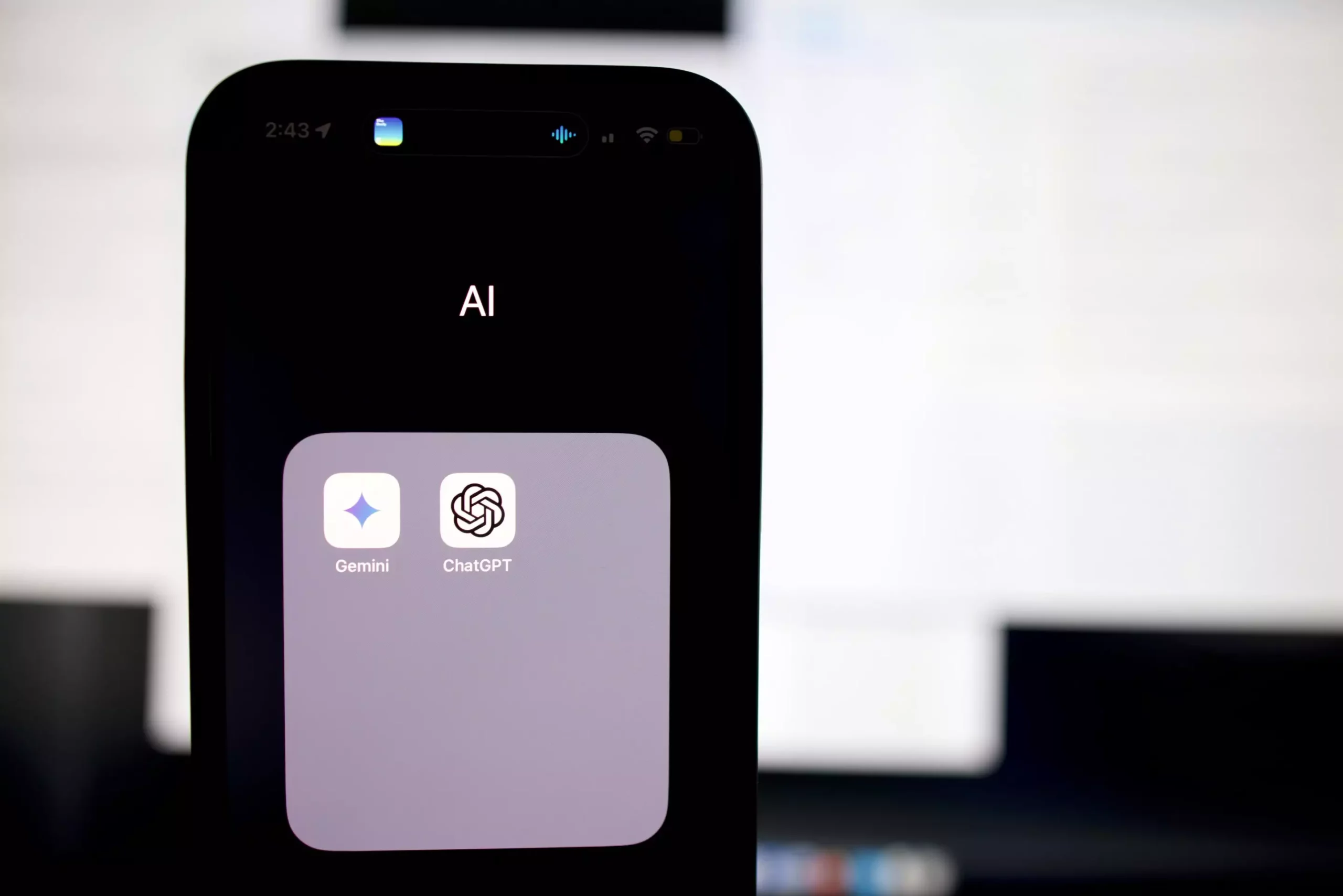The Australian government has recently released voluntary artificial intelligence (AI) safety standards, emphasizing the importance of building trust in this fast-growing technology. However, the question arises: why do people need to trust AI in the first place? AI systems operate on vast data sets using complex mathematics that are beyond the comprehension of most individuals. The results produced by these systems are often unverifiable and prone to errors. Even cutting-edge AI systems like ChatGPT and Google’s Gemini chatbot have exhibited inaccuracies and failures, leading to public skepticism and distrust in AI’s capabilities.
The push for increased usage of AI raises concerns about potential dangers and ethical implications. While there is a widespread belief in the transformative power of AI, the technology presents various risks, from job displacement to algorithmic biases. Instances of autonomous vehicles causing accidents, biased AI recruitment systems, and deepfake fraud highlight the potential harms of unchecked AI deployment. Even the Australian government’s own findings suggest that humans are more effective and productive than AI in certain tasks. Thus, promoting indiscriminate AI adoption without considering its limitations and ethical ramifications could have detrimental consequences.
A key issue associated with the widespread use of AI is the risk of privacy breaches and data leaks. AI tools collect vast amounts of personal data, intellectual property, and sensitive information, creating unprecedented challenges in data security. The lack of transparency regarding data usage, storage, and access by third parties raises significant privacy concerns. The government’s proposal for a Trust Exchange program, endorsed by major technology companies like Google, has raised alarms about the potential for mass surveillance and data exploitation. The convergence of data from various platforms, including AI, could enable pervasive surveillance and manipulation, undermining individual freedoms and societal trust.
Automation bias and the uncritical reliance on AI as a superior decision-making tool pose additional risks to society. The tendency to attribute greater intelligence and authority to AI systems can lead to complacency and ignorance among users. Excessive trust in AI without proper education and oversight could expose the population to extensive surveillance and control mechanisms. The manipulation of technology for political purposes and social engineering further exacerbates the challenges posed by unregulated AI use. The erosion of social trust and autonomy resulting from unchecked AI implementation underscores the urgent need for comprehensive regulation and ethical guidelines.
While the Australian government’s call for greater regulation of AI is a step in the right direction, the emphasis on promoting AI adoption overlooks critical concerns. The International Organization for Standardization has established guidelines for the management and use of AI systems to ensure ethical and controlled deployment. Implementing these standards in Australia would promote accountability, transparency, and responsible AI practices. The focus should be on safeguarding individuals and communities from the potential harms of AI, rather than mandating widespread adoption and trust in the technology.
The overhyping of AI and the push for increased usage without adequate safeguards and regulations pose significant risks to society. Addressing the challenges of AI requires a balanced approach that prioritizes ethical considerations, data privacy, and societal well-being. By promoting responsible AI practices and fostering informed decision-making, governments can harness the benefits of AI while mitigating its potential harm. It is crucial to strike a careful balance between innovation and regulation to ensure that AI serves as a force for good in the digital age.

